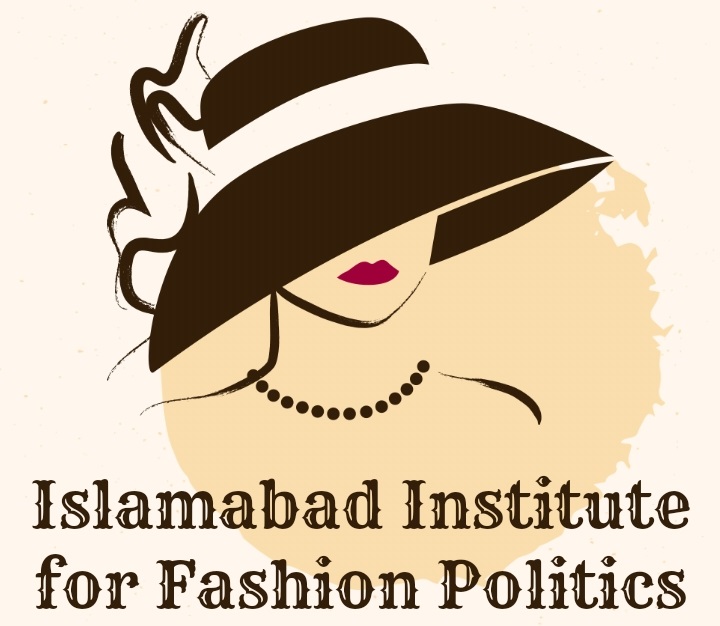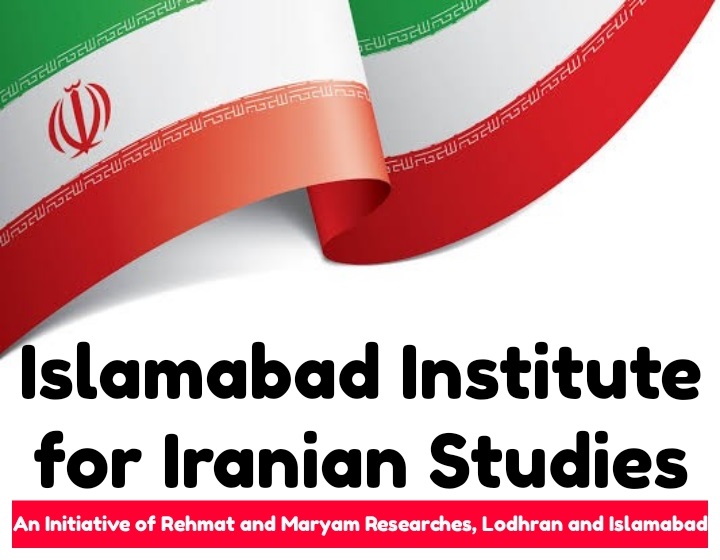RMR Research Centers
Rehmat and Maryam Researches (RMR) is non-profit academic research oriented company. Its aim is only to facilitate students and research scholars across the globe. For this purpose, some research centers have been established under this platform. Although, these research centers were working virtually since 2018 but SECP registration has provided a legality of existence beneath the RMR flag. These are;
|
|
Islamabad Institute for Political Economy: The ever-first institute within the Pakistan establishing as well as working specifically on Political Economy and its various theories (especially Third Positionism) that enable students to rigorously explore contemporary Pakistani and global issues such as finance, migration and borders, labor and power relations, environmental justice, Indigenous resurgence, race and racism, gender and sexuality, colonialism, food sovereignty, and community activism. |
|
|
|
Center for Numerological and Psycho-Future Sciences: The ever-first Institute in Pakistan that provides proper knowhow, applied techniques and training sessions related to numerology (ilm-ul-adad), psycho-future sciences and Hurufism at your door step in Rawalpindi and Islamabad. Moreover, it also provides online services regarding resolving your spiritual as well as social and other life-related problems within the context of numerological principles (extracted from ancient mystical, spiritual and theological frameworks of Dervishism, Twelverism, Yarsanism and Zoroastrianism). |
|
|
|
Islamabad Institute for Constitutional and Legislative Debates: The ever-first institute in Pakistan that works over the need of tight federalism or unitarism, new administrative based provinces and restoration of local government system under Devolution Plan; Just for protecting the ethnically divided homeland from any kind of internally or externally backed Yugoslavian Model, and just to seek a strengthen, sovereign and prosperous nation. |
|
|
|
Islamabad Institute for CPEC Studies: The ever-first institution in Pakistan that works over the strategic importance of China-Pakistan Economic Corridor. Moreover, some other objectives of this research center are;
|
|
|
|
Islamabad Institute for Inter-Faith Harmony and Public Life: The ever-first institute in Pakistan that aims to promote the meaning of “interfaith harmony” as bringing peace and tranquility among people by positivity. Another aim of this institution is to exhibit an interrelationship among people of different religious beliefs at the individual and institutional level in Pakistan which projects a positive picture in the polity of nations. In fact, interfaith harmony encourages the dictum to live and lets others live peacefully. In first week of February 2022, this institution was launched at an occasion of observing World Interfaith Harmony Week (WIHW). WIHW was firstly proposed by the King Abdullah II of Jordan at the United Nations in 2010 regarding promoting peace and non-violence across the globe. |
|
|
|
|
Islamabad Institute for Research on Urban Culture and Rural Development: As Ernesto Ottone R. (the UNESCO Assistant Director-General for Culture) once said that “Culture plays a key role in the implementation of the 2030 Agenda for Sustainable Development, and is a strategic resource for the sustainable development of small settlements in its social, economic and environmental dimensions”; this institute looks at urban culture and rural development under UNESCO-defined 3Ps (People Places and Policies). The prime objective of this institute is to address the challenges faced by small settlements including persisting poverty, environmental degradation, climate change, disasters, increasing inequalities, migration and ageing population. Moreover, in case of Pakistan, this institute also looks at how housing societies are eliminating agricultural land while, how rural areas in Pakistan are not the foremost priority of any provincial or federal government. Likewise, suggestions and recommendations by regional comparative analysis is also one of the basic objectives of this institution. |
|
|
|
Islamabad Institute for Academic Judgement on Media: The ever-first institute in Pakistan that aims to analyze print and electronic media working as per the internationally defined academic principles. Moreover, this institution also comparatively examines the reporting styles and content makings in various countries especially Afghanistan, Azerbaijan, China, France, India, Iran, Qatar, Russia, Saudi Arabia, UK and United States. Moreover, the game of media houses in Pakistan regarding attracting the political institutions is also the analytical objective for this institution, which provides a framework for the research scholars of media studies to present better suggestions for “print and electronic media regularity authorities” (such as PEMRA) for ensuring strict professionalism rather than to propagate interests of any individual, group or party. |
|
|
|
Islamabad Institute for Railway Studies: The ever-first institute in Pakistan that research over state-potential for generating as well as increasing revenue by encouraging, installing and/or working over railway-based tourism. Moreover, this institute also works over the need of constructing new railway lines or restoring the non-functional or abundant ones. Likewise, hurdles and obstacles in regional and international connectivity for Pakistan Railways (especially within the framework of CPEC) are also looked here just for the sake of intellectually tracing their solutions. |
|
|
|
Islamabad Institute for Fashion Politics: The ever-first institution in Pakistan that aims to addressing the question why fashion has been turned its spotlight on politics, with designers harnessing their power to call attention to social issues. Similarly, slogans on shirts and hats also show how fashion have become a political tool across the globe. In United States, Canada, United Kingdom, Germany, Australia and France; protesters against racial biasedness, religious militancy, patriarchy, war economies, etc., usually express their viewpoints by paintings on faces and shirts. In case of Pakistan, shirts and caps with red and green contrast has also become not only a fashion but a tool to show the support for one political party. Moreover, one segment of society in Pakistan also has concerns over Turkish and Indian TV dramas that are socio-politically affecting youth lifestyle in Pakistan. |
|
|
|
Islamabad Institute for Iranian Studies: The ever-first institute in Pakistan that provides research facilitations related to the civilization, history, literature, art and culture of Iranian peoples. As Iranian demographic structure shows Iran as a home of not only Persians, but also a variety of other contemporary and historical Iranian peoples, such as Azeris, Kurds, Lurs, Gilakis, Talysh, Tajiks, Pashtuns, Ossetians, Baluchis, Scythians, Sarmatians, Alans, Parthians, Sogdians, Bactrians, Khwarazmians, and Mazandaranis; this institute seeks out the areas of inquiry such as cultural “spaces in between”, borderlands, diaspora and exile, views and perceptions of self and others, etc. Through exemplary research in cultural studies and social history of Iran and Iranianate / Persianate societies and cultures, this Institute of Iranian Studies aims at contributing to the advancement of theory and methodology in Asian Studies in general. |
|
|
|
Islamabad Institute for Russia and Central Asia: This is one of the premiere centers for interdisciplinary research and studies on Russia, Central Asia and other republics of the former Soviet Union. Its primary aim is to foster an interdisciplinary insight on issues pertaining to this region by bringing together individual scholars, trained in diverse social science disciplines. It has an excellent community of scholars who specialize in disciplines ranging from Political Science, International Relations, History, Economics and Sociology to Russian Language and Literature. The Center encourages interdisciplinary thinking and promotes opportunities for meeting, interaction and exchange of views with scholars from Pakistan, Iran, Azerbaijan, Armenia, Georgia and abroad. In terms of facilitating academic interaction, the Center regularly organizes international/national seminars, round table discussions, talks and lectures. |











